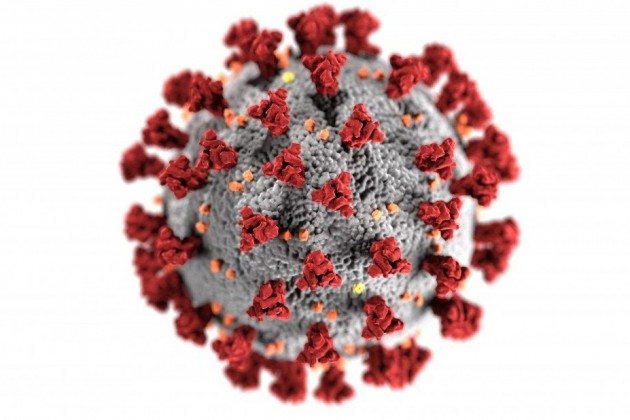Fever, headache, body aches, vomiting, diarrhea. What was until the end of 2019 were clear signs of dengue fever may now also be symptoms of Covid. Both diseases are caused by a viral infection, which is why there are very similar cases – what distinguishes Covid is that it also causes respiratory distress, because it is a virus that affects this system. Not everyone will have symptoms, and everyone who has symptoms will not have symptoms.
According to Soraya Andrade Pereira, Head of the Primary Care Department of the Health Secretariat of Rio Preto, the respiratory symptoms most distinguish one disease from another are the symptoms of the respiratory system. The doctor explains that “Covid causes a runny nose, cough and throat irritation, and this is not common in dengue fever.” “Other symptoms, fever, body aches, joint pain, diarrhea are more specific to dengue fever, but we know that Covid shows it.”
Thuraya also says that the so-called “viral dengue” has emerged, which is a simultaneous infection with the two viruses. According to the doctor, nearly 3% of the 65,320 confirmed cases of Covid-19 have dengue fever together – that’s about 1,900 since the start of the epidemic. “It is usually a more protracted condition, not a more serious condition,” he describes, “thank God people with milder cases of Covid. The pain in the body of dengue is longer.”
The doctor says that dengue is usually diagnosed when the doctor orders both tests. “Order Covid and blood counts. We see blood counts, usually it is ready on the same day, and we actually start treatment if the blood counts are changed, with hydration, fever control measures, and we wait for the result of Covid. If it comes back positive and the condition persists, we can get antibiotics If necessary, “he said.
She says many patients did not show a low platelet count early in the dengue infection. “But there is a blood concentration. The hematocrit is going up, the blood is theoretically getting thicker, and covid doesn’t usually.”
When in doubt whether the symptoms are from Covid disease or dengue fever, the advice is to seek medical attention in one of the respiratory units, which work 24 hours a day, every day. These are the basic health units Solo, Vetorazzo, Lealdade / Amizade, Tangará and Vila Toninho emergency services.
Complications
Both dengue fever and covid can cause complications very quickly, and the symptoms of a severe case are very similar as well, including abdominal pain and shortness of breath. Both diseases can bypass other underlying problems, such as diabetes and high blood pressure. Therefore, the health advice is clear: If any symptoms appear, see a doctor on the same day.
While one of the main complications of dengue fever is dehydration and lack of compensation for blood clots, Coronavirus infection takes hold of the lung, lowers the oxygen level in the blood, and can also reach other organs.
Rio Preto is a dengue endemic city, meaning the virus always spreads here. In 2019, the city faced the worst epidemic in its history, with 33,200 injuries and 19 deaths. Last year, there were 7,252 positive cases and four deaths. This year, there are 2,633 confirmed cases as of March 31, and one death is under investigation.
Realizing that the transmission of dengue fever is accelerating at the same time as Covid is progressing, the Rio Preto Health Secretariat has established, as in 2019, a hydration center.
Some of the drugs against Covid have already been licensed by the regulators, but everything is still in its infancy and that is no reason to stop worrying about the disease. In treatment, substances have been used, for example, to control fever and pain as well as antibiotics to stop infection. There is no cure for dengue fever – the most common weapons used are water and medication to control symptoms. Either way, self-medication is dangerous. In the case of dengue fever, for example, anti-inflammatory drugs may favor the risk of bleeding.
The mode of transmission of both is very different. Coronavirus is transmitted through personal contact or contaminated surfaces (by talking, coughing, or sneezing, for example); While dengue is transmitted by the Aedes aegypti mosquito, which is the same vector as Zika and Chikungunya.
Even in times of pandemic respiratory disease, the insect remains a problem. The disease is dangerous and can kill. The person in charge of primary care in the municipality indicates that a small number of dengue patients have experienced complications, but they do happen. “It was challenging,” says Soraya. “Our units are full of dengue patients.” “It is very important for us to be aware of all the symptoms of dengue and control the vector. You can’t neglect that, you have to keep the yards clean, without accumulating water.”

“Wannabe internet buff. Future teen idol. Hardcore zombie guru. Gamer. Avid creator. Entrepreneur. Bacon ninja.”

